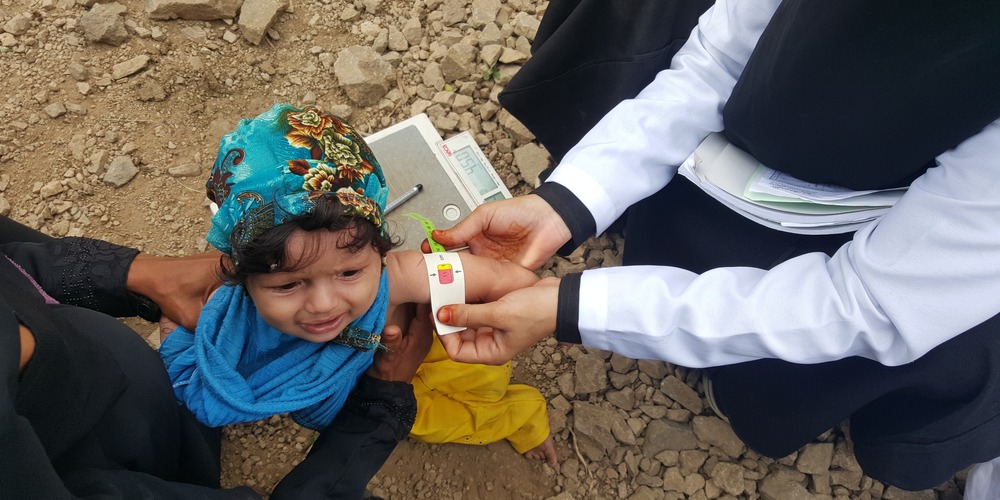U.N. banks on private sector to transform Middle East agri-food systems to end hunger, malnutrition
Enhanced engagement of the private sector can transform agri-food systems to meet the Sustainable Development Goals in the Middle East to end hunger and malnutrition, according to the Food and Agriculture Organization of the United Nations (FAO).
The 18 countries of the FAO’s Near East and North Africa focus region are up against significant challenges directly linked to how food is produced, processed, distributed and consumed, resulting in obesity, hunger and malnutrition, according to the U.N. agency.
"The private sector is a driving force to boost markets, consumers and farmers,” said the FAO Director-General Qu Dongyu during a regional dialogue last week.
“An enhanced engagement of the private sector can provide capacity development, investments and a new professional market-oriented business model,” he added.
22.4% of the region’s population suffers from stunting, and obesity stands at 23.6%, compared to the much lower world average of 11.7%.
The U.N. 2020 food security and nutrition report on the Near East and North Africa that covers the 18 countries in the region as well as Comoros, Djibouti, Palestine, and Somalia, said there are only a few countries likely to meet the SDG targets for 2030 on stunting (3 out of 22) and wasting (7 out of 22). No country in the region is on track to meet 2025 WHA targets for anaemia in women of reproductive age or adult obesity. Food security and nutrition prospects in the region are likely to worsen in view of the economic disruptions cause by COVID-19, said the report.
FAO early this year launched its 2021-2025 strategy on private sector engagement that takes a more proactive role in support of member states to meet the SDGs.
All 18 countries of the Near East and North Africa region are member states of the Organization of Islamic Cooperation (OIC), including those hard-hit by hunger and malnutrition such as Syria and Yemen, and others where obesity is a problem such as in Kuwait, Jordan, and Saudi Arabia.
Alzbeta Klein, CEO of the International Fertilizer Association (IFA), said the region’s farmers are doing a good job producing food in arid areas through fertigation technology — the injection of soil fertilizers into an irrigation system, but warned that the technology is overapplied in some of the nutrients.
“Nutrients need to be differentiated. They need to be site-specific. They need to be crop-specific,” the IFA CEO said. “One size does not fit all.”
Klein questioned how to educate farmers that they shouldn’t only be compensated for what they produce, but also the land and soil quality they leave behind.
Her association represents over 400 players in the plant nutrition space, with over 10% of the membership coming from the FAO’s Near East and North Africa region and which, according to Klein, account for more than 10% of the global trade.
Farther down the food value chain, both producers and consumers need to be educated on promotion strategies, according to Sheikh Majid Sultan Al Qassimi, formerly the Director of UAE’s Ministry of Climate Change and Environment and UAE Chief Veterinary Officer.
Al Qassimi, who is now a Partner at sustainability consultancy Soma Mater, suggested the private sector builds on independent food marketers who apply adequate and transparent promotion strategies, serving producers and consumers alike.
He criticized that consumers rarely question the effects of ingredients nor the motivation behind food promotions of companies with deep marketing pockets.
“We need perhaps some understanding of whether those are always the products that need to come forward,” he said, alluding to highly processed food types as a cause for obesity.
As part of the FAO’s work moving forward, the U.N. agency’s Deputy Director-General Elizabeth Bechdol said the new strategy for private sector engagement intends for actions to be country-owned and country-led.
The plan focuses on enhancing efficiency in the supply chains, disseminating a data and science approach, improving knowledge management, and encouraging sustainable business practices.
© SalaamGateway.com 2021 All Rights Reserved

